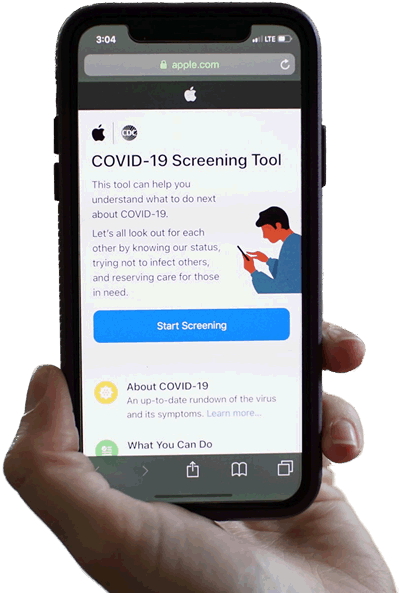Hospital management systems equipped with robust data analytics capabilities empower clinicians with real-time access to comprehensive patient information, including medical history, diagnostic test results, and treatment protocols. By analyzing this data, healthcare providers can make evidence-based decisions, personalize treatment plans, and anticipate potential complications, ultimately leading to improved clinical outcomes and patient satisfaction.
Data-driven insights play a pivotal role in streamlining hospital operations and resource allocation. Hospital management systems can analyze key performance indicators such as patient flow, bed occupancy rates, and staff productivity to identify bottlenecks, optimize workflows, and allocate resources effectively. By optimizing operational processes, healthcare organizations can reduce wait times, minimize errors, and enhance overall efficiency, ultimately improving patient experiences and organizational performance.
Continuous quality improvement is essential for delivering high-quality healthcare services. Hospital management systems enable healthcare organizations to track key quality indicators, monitor performance metrics, and benchmark against industry standards. By analyzing quality data and identifying areas for improvement, healthcare providers can implement evidence-based practices, enhance care delivery processes, and achieve better patient outcomes while ensuring compliance with regulatory requirements.






Make an Appointment